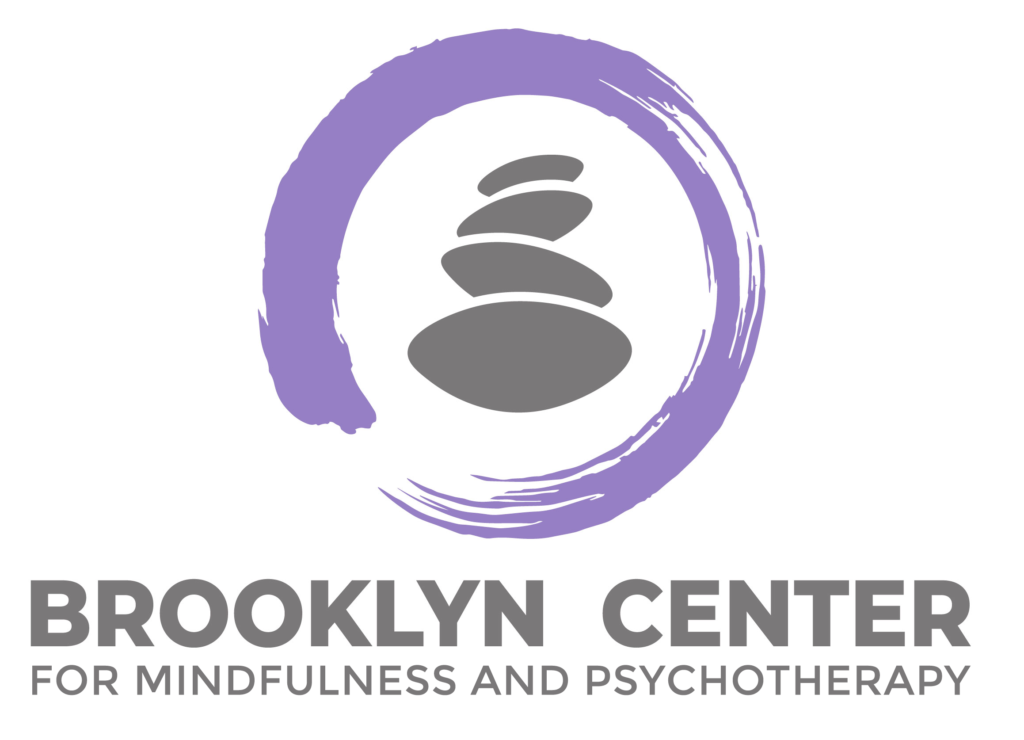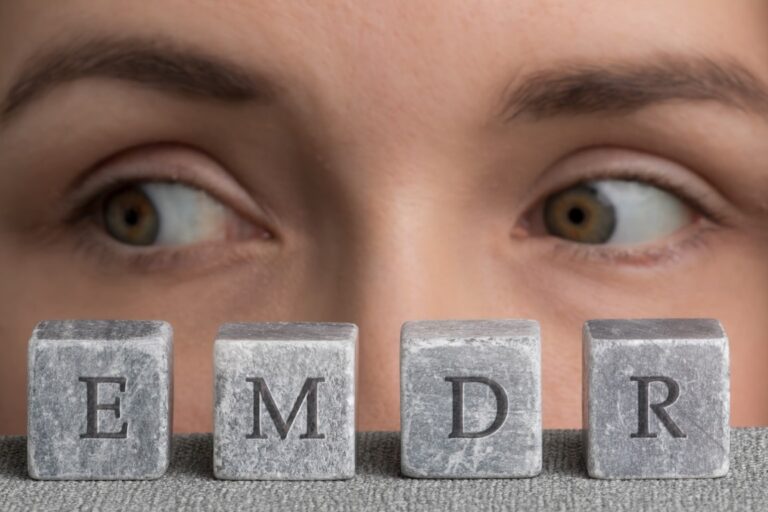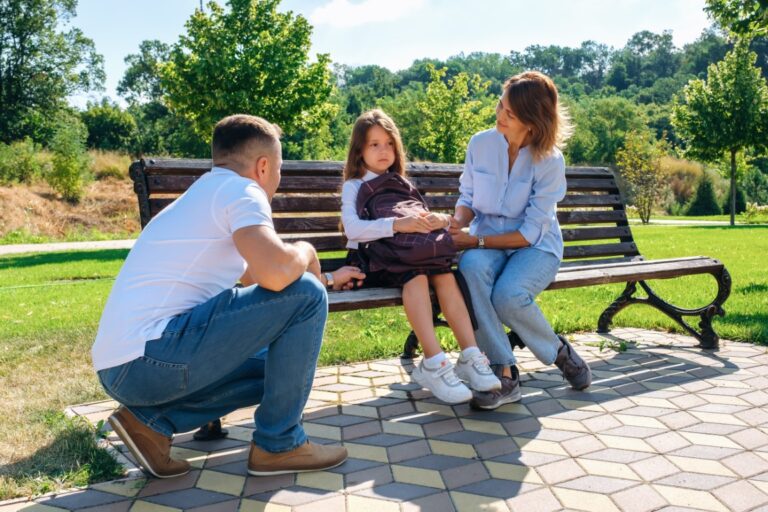Welcome to our blog, where we delve into the intricacies of codependency, a topic that often remains shrouded in secrecy and misunderstanding. In the bustling metropolis of New York, a city known for its fast pace and high expectations, it’s crucial to recognize and address unhealthy relationship patterns. Join us as we explore the depths of codependency, unravel its hidden complexities, and empower ourselves with the tools needed to heal and foster healthier connections.
Understanding Codependency
Codependency is a pattern of behavior that involves sacrificing one’s own needs and desires to maintain a relationship with someone struggling with addiction or other issues. This often results in an unhealthy and dysfunctional dynamic, where the codependent individual becomes overly reliant on the problematic person and may feel a sense of guilt or responsibility for their well-being. Codependency can manifest in many ways, including enabling destructive behaviors, avoiding conflict, and neglecting self-care. In New York, many resources are available for those seeking help with codependency, including support groups, therapy, and educational programs. By learning more about codependency and addressing it, individuals can break free from this cycle of unhealthy relationships and regain control over their own lives.

What is Codependency?
Codependency is a condition that affects many people in New York and around the globe. It refers to a dysfunctional relationship dynamic where one person enables another’s addiction, poor mental health, or underachievement. It is often characterized by excessive reliance on others for validation and self-worth, leading to unhealthy behaviors such as people-pleasing, rescuing, and controlling.
Codependency can have severe consequences for individuals and relationships. It can lead to emotional distress, physical health problems, financial issues, and social isolation. People struggling with codependency may find it challenging to set boundaries, communicate their needs effectively, and maintain healthy relationships. However, with the proper support and treatment, individuals can overcome codependency and develop healthier patterns of behavior that promote greater well-being and fulfillment.
Signs of Codependency
Codependency is a complex behavioral pattern affecting individuals in any location, including New York. Here are a few signs of codependency:
- Excessive caretaking: Codependent individuals often have a strong desire to care for others, to the point where they neglect their needs. They may feel responsible for the well-being and happiness of those around them, even at their own expense.
- Low self-esteem: Codependent individuals tend to have low self-esteem and seek external validation for their self-worth. They may rely heavily on others’ opinions and struggle with setting healthy boundaries.
- Fear of abandonment: Codependent individuals often fear being alone or abandoned by others. This fear may drive them to stay in unhealthy or toxic relationships, even when their needs are unmet.
- Difficulty expressing emotions: Codependent individuals may have trouble identifying and expressing emotions. They may prioritize others’ feelings and suppress them, leading to internal conflict and emotional distress.
- Enabling behavior: Codependent individuals may help destructive behaviors in others, such as substance abuse or unhealthy habits, by constantly making excuses or taking responsibility for their actions.
- Lack of personal boundaries: Codependent individuals often struggle with setting and enforcing limits. They may have a hard time saying no or expressing their needs, leading to resentment and being taken advantage of.
- Difficulty with decision-making: Codependent individuals may rely heavily on others to make decisions. They may fear making the wrong choices or upsetting others, leading to helplessness and indecisiveness.
Common Causes of Codependency
Codependency is a complex issue that can arise from various factors. Here are some common causes of codependency that can be observed in New York:
- High-stress environment: New York City is known for its fast-paced lifestyle and demanding work culture. The pressure to succeed and keep up with the competitive nature of the city can lead individuals to develop codependent behaviors as they seek validation and approval from others.

- Relationship patterns: Unhealthy relationships, such as growing up in a dysfunctional family or experiencing abusive relationships, can contribute to codependency. New York’s diverse population and the prevalence of different family dynamics may expose individuals to such patterns, increasing the likelihood of codependency.
- Cultural expectations: New York City is home to diverse cultural communities, each with its norms and expectations. Some cultures strongly emphasize family loyalty, self-sacrifice, and prioritizing the needs of others. These cultural expectations can contribute to the development of codependent behaviors.
- Loneliness and isolation: Despite its bustling nature, New York City can also be isolating. Many individuals move to the city alone, leaving behind familiar support systems. Loneliness and a lack of social connections may drive individuals to seek validation and emotional support from others, leading to codependency.
- Addiction and substance abuse: New York, like any other major city, faces addiction and substance abuse challenges. Codependency can often be observed in relationships where one person struggles with addiction, and the other person enables or becomes overly dependent on them. The accessibility of substances and the prevalence of addiction can contribute to codependent dynamics.
- Professional demands: The demanding nature of certain professions in New York, such as finance, law, and entertainment, can lead to workaholic tendencies and an excessive focus on career success. This preoccupation with work can result in neglecting personal needs and relationships, fostering codependent behaviors.
- Lack of boundaries: New York’s fast-paced lifestyle can make it difficult for individuals to establish and maintain healthy boundaries. This can lead to blurred lines between personal and professional life, making prioritizing one’s well-being and engaging in healthy relationships challenging.
The Importance of Self-Care in Codependency
Self-care is a crucial aspect of recovering from codependency in New York. Codependency is when individuals develop a strong emotional dependence on others, often neglecting their needs and well-being. Self-care involves:
- We are prioritizing one’s own physical, emotional, and mental health through habits such as regular exercise.
- Healthy eating.
- Therapy.
- It is setting healthy boundaries with others.
By practicing self-care, individuals can break free from the cycle of codependency and establish healthier relationships with themselves and others. In New York, numerous resources are available for individuals seeking to learn more about self-care and overcome codependency.
When to Seek Professional Help for Codependency
If you or a loved one are struggling with codependency in New York, it may be time to seek professional help. Codependency is a complex issue that can affect every aspect of your life, from your relationships to your mental and emotional well-being. Professional service can give you the tools and support to overcome codependency and develop healthier behavior patterns.
Some signs that it may be time to seek professional help for codependency include difficulty setting boundaries, low self-esteem, people-pleasing behavior, and feeling trapped or overwhelmed in relationships. Seeking help from a licensed therapist or counselor specializing in codependency can help you better understand your behaviors and emotions, develop coping strategies, and improve your overall quality of life.
Tips for Healing from Codependent Patterns
Healing from codependent patterns can be a challenging but transformative journey. If you’re seeking tips for recovering from codependency in New York, here are some suggestions:
- Educate yourself: Gain a deep understanding of codependency, its causes, and its impact on your life. Read books and articles and attend workshops or support groups focused on codependency.
- Seek therapy: Consider finding a New York therapist specializing in codependency or relationship issues. A therapist can provide guidance and support and help you develop healthier behavior patterns.
- Join support groups: Attend local support groups. Connecting with others who are going through similar struggles can provide validation, insight, and a sense of community.
- Practice self-care: Prioritize your well-being. Engage in activities that bring you joy, relaxation, and fulfillment. This could include exercise, hobbies, meditation, or spending time with supportive friends.
- Set boundaries: Learn to establish and maintain healthy boundaries in your relationships. Practice saying no when necessary, and communicate your needs and expectations clearly and assertively.
- Develop self-awareness: Cultivate mindfulness and self-reflection to become more aware of your thoughts, emotions, and behaviors. Please pay attention to any codependent tendencies and consciously try to change them.
- Challenge negative beliefs: Identify and challenge negative or distorted beliefs about yourself, your relationships, and your worth. Replace them with more positive and realistic thoughts.
- Build a support network: Surround yourself with supportive and nurturing individuals who encourage growth and well-being. Seek out healthy relationships and reduce contact with toxic or enabling people.
- Engage in self-development activities: Explore personal development workshops, seminars, or classes in New York. These can help you enhance your self-esteem, develop new skills, and better understand yourself.
- Practice self-compassion: Be kind and patient with yourself throughout the healing process. Recognize that healing from codependency takes time, and allow yourself to make and learn from mistakes.
Conclusion
In conclusion, understanding codependency is crucial to recognizing and healing unhealthy patterns in our lives. Brooklyn Mindful New York offers a supportive and compassionate environment for individuals seeking to break free from codependent behaviors and develop healthier relationships with themselves and others. Their expert guidance and therapeutic approaches empower individuals to embark on a transformative journey toward self-discovery and emotional well-being. If you’re ready to break the cycle of codependency and cultivate a healthier and more fulfilling life, reach out to Brooklyn Mindful New York today and take the first step towards healing.




